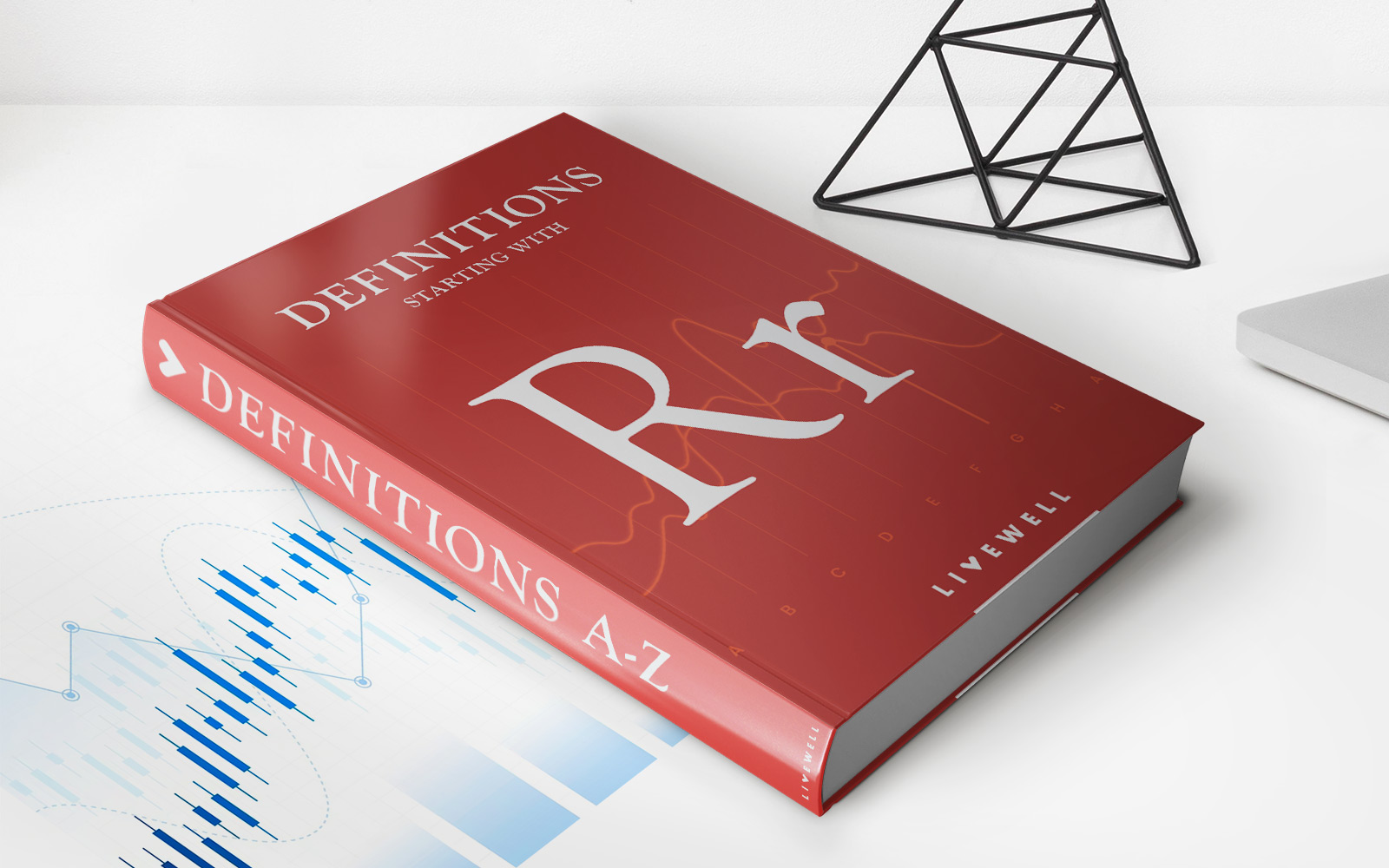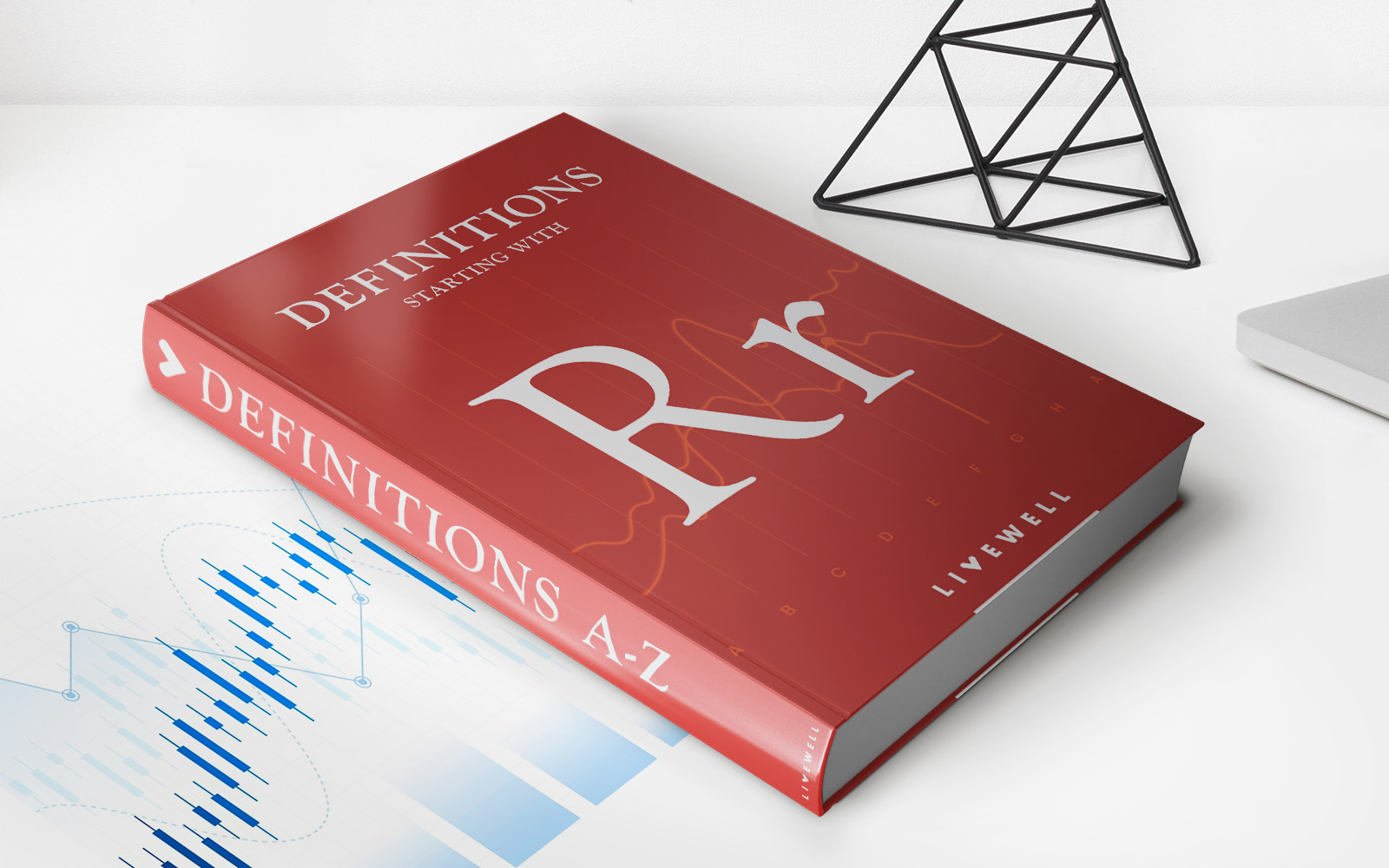

Finance
Rich Valuation Definition
Published: January 21, 2024
Discover the meaning of rich valuation in finance. Learn about the strategies and methodologies used to evaluate the worth of assets and investments.
(Many of the links in this article redirect to a specific reviewed product. Your purchase of these products through affiliate links helps to generate commission for LiveWell, at no extra cost. Learn more)
Understanding Finance: The Definition of Rich Valuation
Introduction: Have you ever wondered what it means when someone talks about a “rich valuation” in finance? Or perhaps you’re a budding investor trying to navigate the complexities of the financial world?
In this blog post, we will explore the concept of rich valuation, its definition, and why it matters in the realm of finance. So, let’s dive right in!
Key Takeaways:
- A rich valuation is a term used to describe when an asset or investment is considered overpriced compared to its intrinsic value.
- Investors often use indicators such as the price-to-earnings ratio, price-to-sales ratio, or price-to-book ratio to determine if a particular investment is richly valued.
The Definition of Rich Valuation
When we talk about rich valuation in the financial world, we are referring to the notion that a particular asset or investment is considered overpriced compared to its true value. It implies that the market price of an asset is beyond what it should be based on its fundamental characteristics, such as earnings, sales, or book value.
To assess whether an investment is richly valued, investors and analysts often rely on various financial ratios such as the price-to-earnings (P/E) ratio, price-to-sales (P/S) ratio, or price-to-book (P/B) ratio. These ratios help gauge the relationship between the market price of an asset and its underlying financial metrics.
For example, if a stock has a P/E ratio significantly higher than its historical average or the average P/E ratio of its industry peers, it may indicate that the stock is richly valued. In other words, investors are willing to pay a premium for each dollar of earnings, potentially driven by speculative behavior or high market expectations.
Similarly, a company’s P/S ratio (market price per share divided by its revenue per share) or P/B ratio (market price per share divided by its book value per share) can also help assess its valuation relative to similar companies or historical trends.
Rich valuation can be problematic for investors, as it increases the risk of a price correction or potential losses if the market realizes that the asset’s true value does not justify its market price. It is important for investors to carefully evaluate the fundamentals, industry dynamics, and market sentiment when considering investments that may be richly valued.
The Significance of Understanding Rich Valuation
Gaining a solid understanding of rich valuation is essential for anyone involved in finance, whether you are an investor, financial analyst, or simply someone interested in understanding the market dynamics. Here are a few reasons why understanding rich valuation is significant:
- Identifying potential investment opportunities: By analyzing rich valuation metrics, investors can identify situations where certain assets may be overpriced. This can help determine whether it is wise to invest in a particular stock, bond, or other financial instruments.
- Managing risk: Recognizing richly valued investments can help investors avoid potential losses if a price correction occurs. By understanding the implications of rich valuation, investors can make informed decisions and adjust their portfolios accordingly.
The financial markets are constantly evolving, and understanding rich valuation is an essential tool for navigating this complex environment. By being aware of market conditions and the notion of rich valuation, investors can make more informed decisions and potentially maximize their returns.
Remember, though, that rich valuation is just one aspect of investing. It should be considered alongside other factors, such as a company’s financial health, growth prospects, and wider economic trends.
So, the next time you come across the term “rich valuation,” you’ll have a firm grasp on its definition and significance within the realm of finance. Cheers to informed investing!














